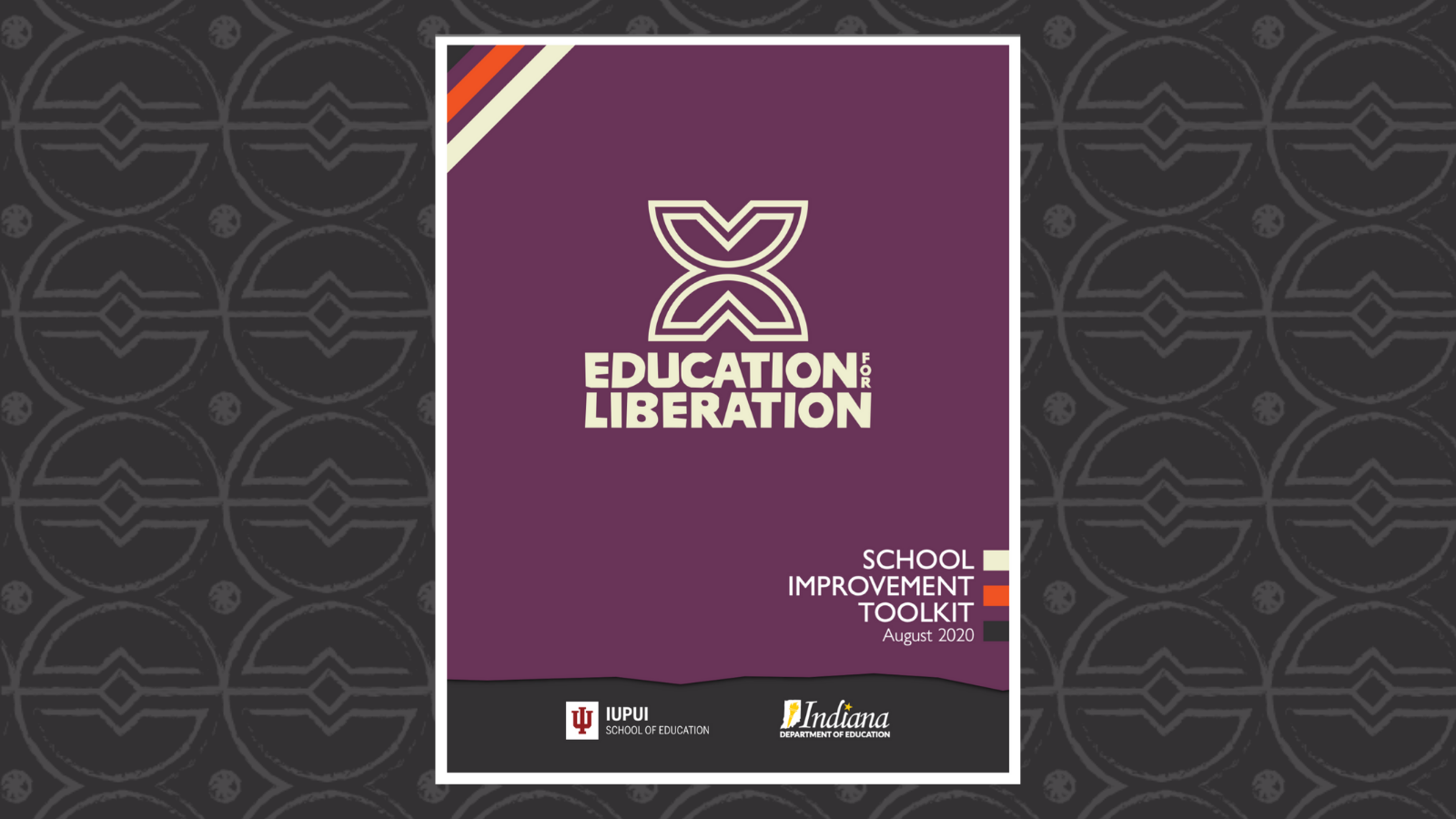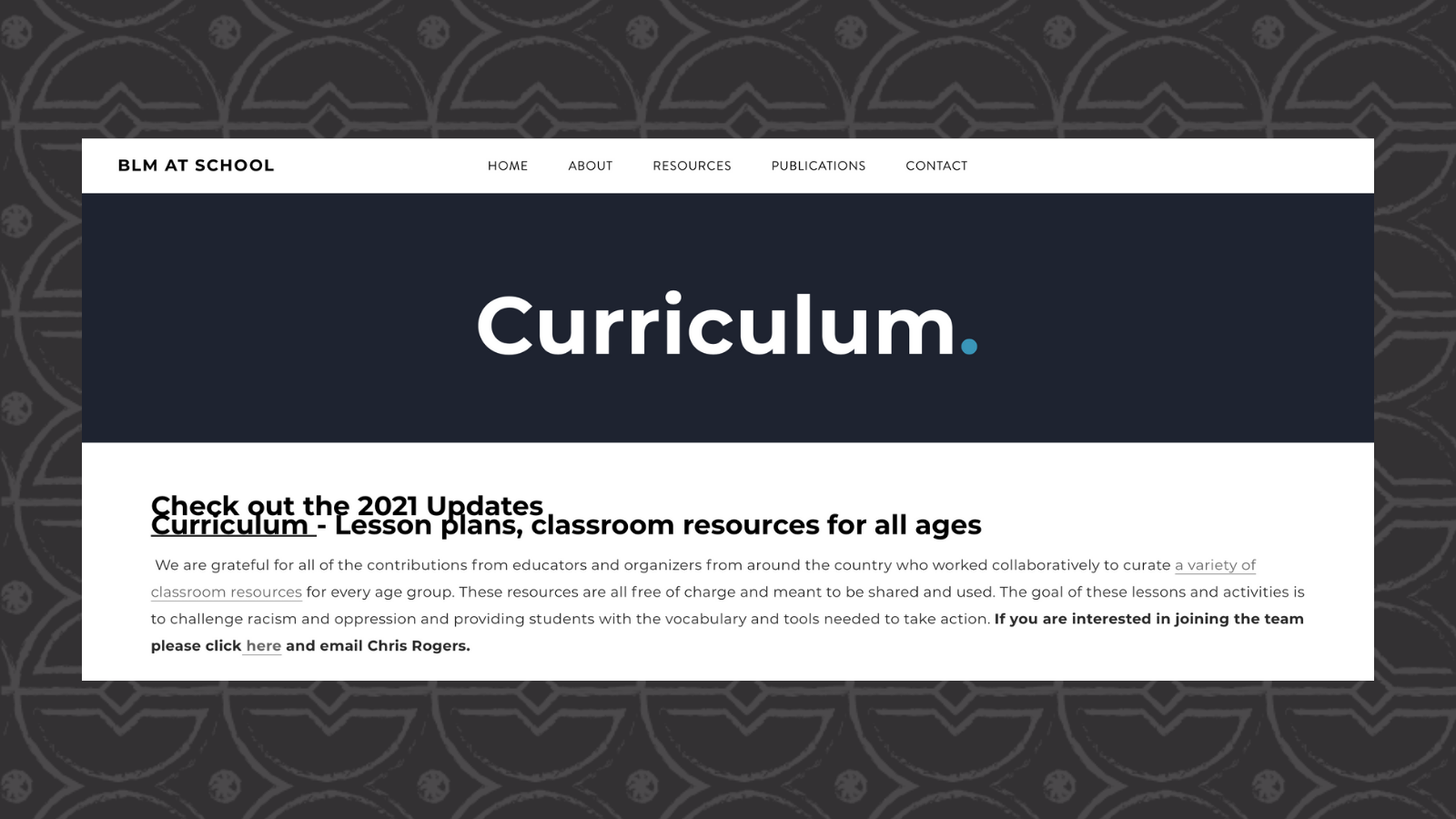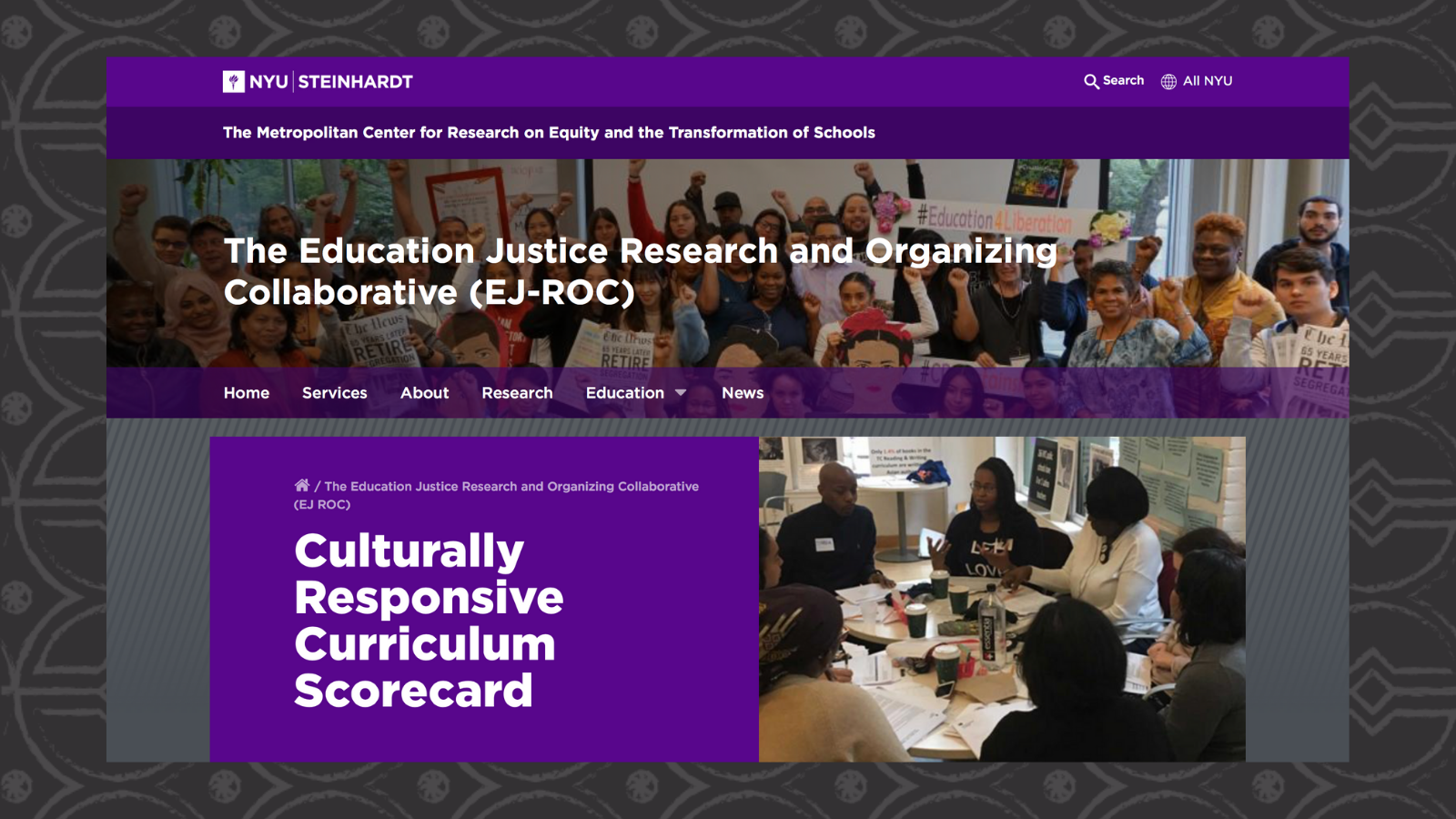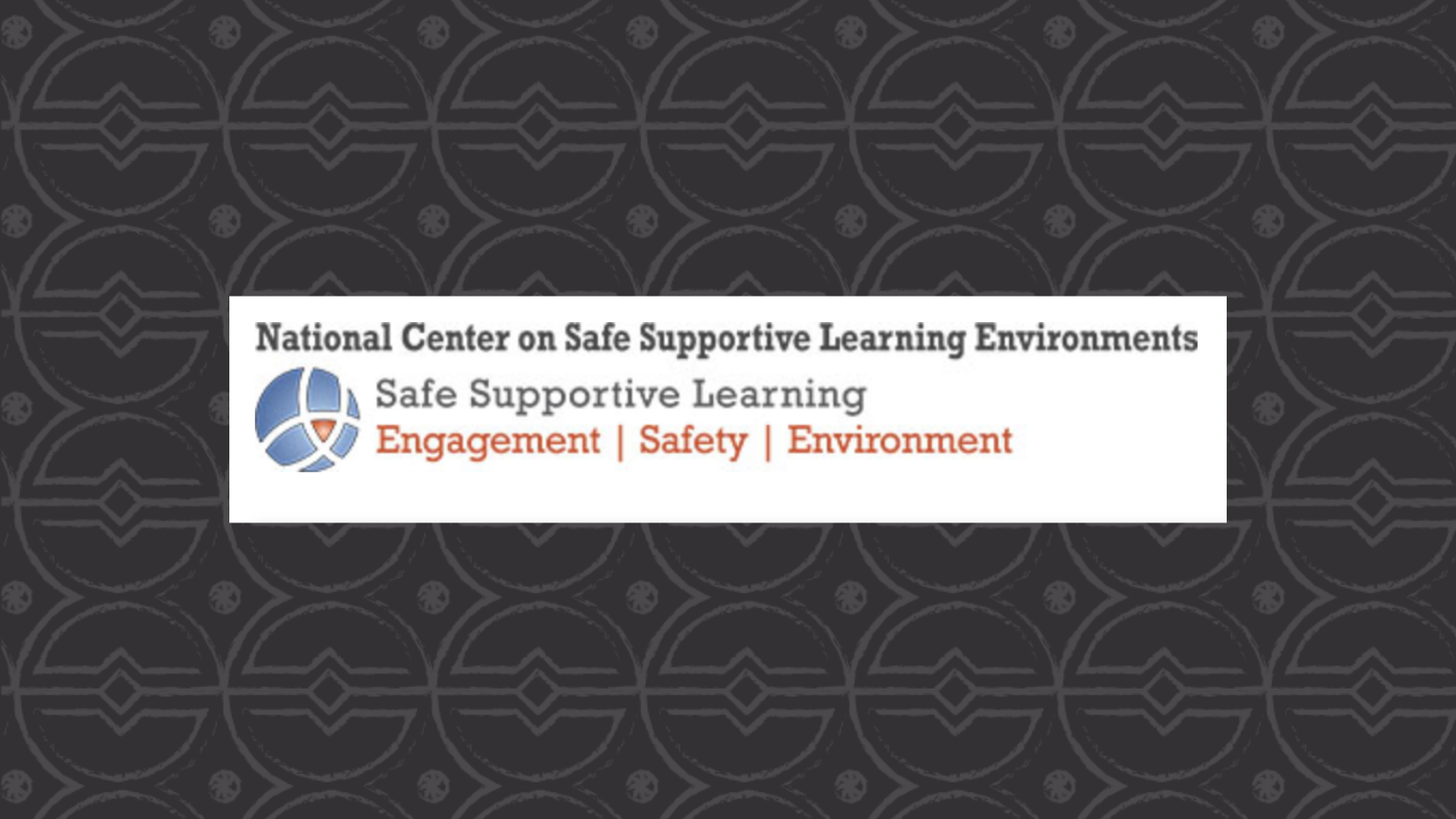11 Responsibility #2
Responsibility #2: Identify priority equity gaps and strategies to address them.
If you participated in the 2020-22 Equity Strand of Education for Liberation, you likely already completed our Equity Audit and worked to identify equity gaps in your school, whether in physical environment, teaching quality, leadership quality, programming, curriculum, discipline, or achievement/ assessment measures (the equity areas we have found to most consistently measure school-wide equity). If you have not yet participated in an equity audit, we urge you to have ongoing conversations and collect information across your school community about where you can improve together. Below, we provide some resources to support you as you develop strategies to address equity gaps in your school community, including E4L’s School Improvement Toolkit.
Please click on the images for further information. (Please note: the resources will open an external webpage).
The Education for Liberation School Improvement Toolkit
This extensive resource provides guidance for schools seeking to improve equity in areas the E4L team has identified as crucial to schooling for equity. The areas of support include physical environment, teacher quality, leadership quality, curriculum, programming, discipline, and achievement/ assessment.
Curriculum Resources
Sources: Black Lives Matter at School
“Black Lives Matter at School is a national coalition organizing for racial justice in education. Here, they provide, lessons and activities…to challenge racism and oppression and provid[e] students with the vocabulary and tools needed to take action.”
Culturally Responsive Curriculum Scorecard
Source: The Education Justice Research and Organizing Collaborative (EJ-ROC)
“The Culturally Responsive Curriculum Scorecard was designed by The NYU Metro Center to help parents, teachers, students, and community members determine the extent to which their schools’ English Language Arts curricula are (or are not) culturally responsive.”
National Center on Safe and Supportive Learning Environments
The National Center on Safe Supportive Learning Environments (NCSSLE) offers information and technical assistance to States, districts, schools, institutions of higher learning, and communities focused on improving school climate and conditions for learning. We believe that with the right resources and support, educational stakeholders can collaborate to sustain safe, engaging, and healthy school environments that support student academic success.”
Equity Committee Reflection Tool
The purpose of this reflection is to allow the Equity Committee to review their progression related to each section of the toolkit. Each committee must dedicate time to analyze and be transparent about triumphs, challenges, needs, goals, and more. The E4L team highly recommends spending time sharing reflections with designated members of the team to discuss findings and receive support in the form of feedback, suggestions, and resources.
Please review the following prompts as a team and collectively provide a response that encompasses the ideas of the Equity Committee at your school. We suggest taking notes each time your team meets to keep track of all efforts and completing the reflection sections each semester or academic year based on the time and availability of the entire team.
- What is the current state of the Equity Committee related to identifying priority equity gaps and strategies to address them?
- What goals does the Equity Committee have in place for identifying equity gaps and strategies to address them?
- What is the current status of those goals?
- How does the team plan to reach these goals?
- What support do you need to achieve these goals? (Please identify if this support may come from in or outside your school, district, community or if E4L may provide support and resources to achieve these goals.)
- In what way can your Equity Committee improve related to this section?
- Please identify areas of achievement to identify equity gaps and strategies addressing them.
If you have any questions or comments the E4L team can review related to this section, please list them below.
Equity Committee Reflection #2 (Click to download)




